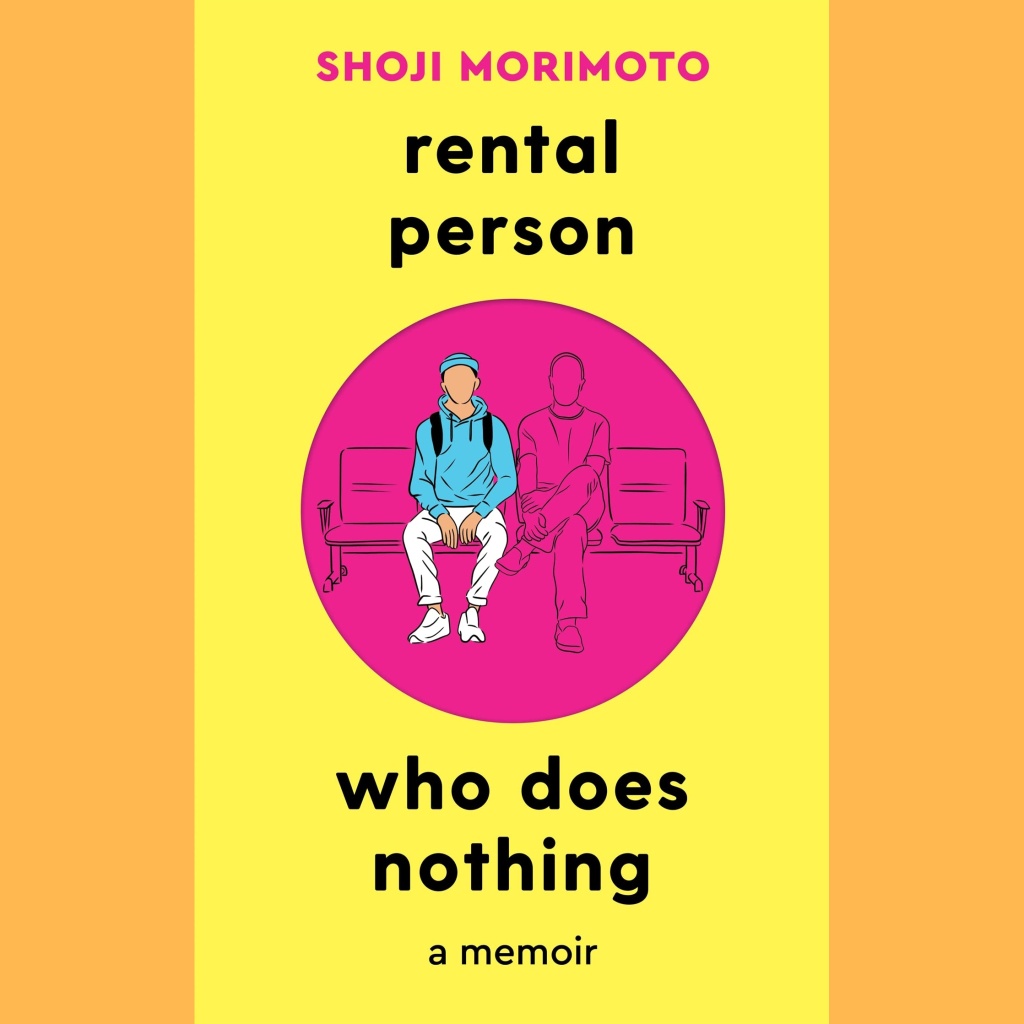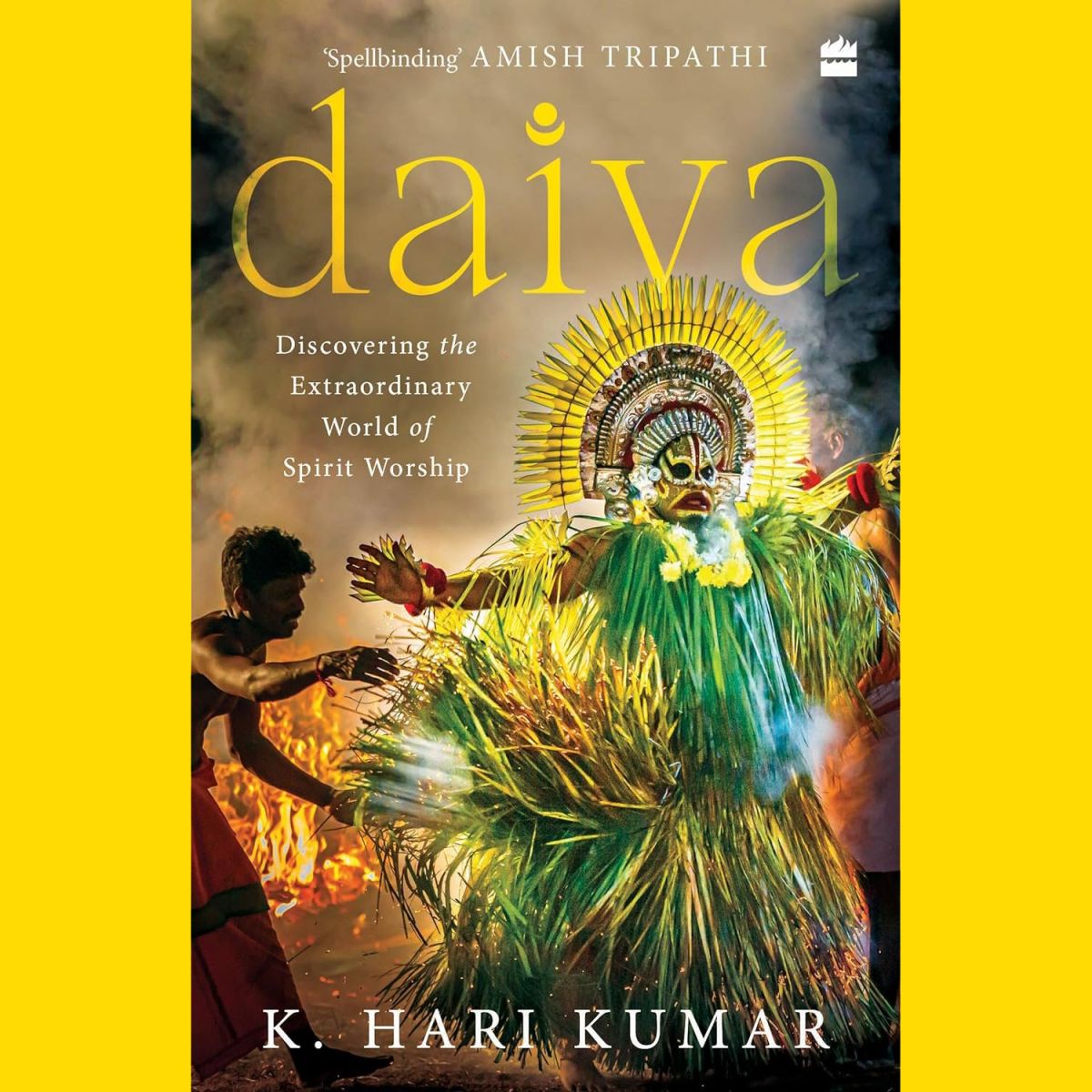Human society places a premium upon accomplishment. So much of our identity is tied to our work, what we do to earn a living. ‘Work hard, be committed, do as much as you can, climb the corporate ladder, get to the top,’ we’re frequently told. And if we can’t do all of that? Well, then at least still do something!
But what if one chooses to do nothing? Nothing at all. A healthy, able-bodied person, who can get work if they wanted to, but consciously decides to not do anything at all. Do such people exist? And if they do, can they actually expect to be paid just for being? No, we’re not being weird. Meet Tokyo-based Shoji Morimoto, a Japanese man who is in his late-30s and chooses to do… well, nothing. Rental Person Who Does Nothing is his story, a memoir of sorts. But, of course, since Morimoto doesn’t actually do anything, he hasn’t written the book himself. Instead, he got a writer to ask him a whole bunch of questions about his life, and simply responded to those questions, and the book is based on that. It is a collection of Morimoto’s reminisces of a series of encounters as a rental person, presented as a kaleidoscope of humanity, and his thoughts on love, life, friendship and the complexity of human relationships.
Now, Morimoto isn’t exactly what we’d call a ‘bum.’ He has studied science at the post-graduate level and, until a few years ago, used to work in a publishing company. Apparently, however, he didn’t get along with his boss, who used to say things like ‘It makes no difference whether you’re here or not.’ Or, ‘I can’t tell whether you’re alive or dead.’ Or even ‘You’re a permanent vacancy.’ Not very kind, eh? So, Morimoto decided to quit and went freelance. But he didn’t enjoy freelance writing work either, which he says was repetitive, poorly paid and a bit dull. And that was when he decided to quit and start doing nothing. ‘I told myself to be a grown-up and stick to something, but the stress always got too much. I was in a repetitive cycle of trying to do something and ending up doing nothing. Eventually, I began to realise that doing nothing was what suited me best,’ he says. And that – sometime in 2018 – was when he hit upon his ‘do-nothing rental person’ idea.
Morimoto decided he’d rent himself out to people who might want his company but without needing him to actually do anything at all. He would be paid for just being there. And while that might seem a bit outlandish, it seems to have worked for him; Morimoto charges 10,000 Yen (about Rs 5,600) to be with people, who might want to accompany them to a concert, go to a café for a cup of coffee, have a meal with them at a restaurant, watch a film together, go for a walk, listen to them talk as they pour their heart out, or even just hang around and watch as they do something. Being a companion is fine, Morimoto says, just don’t expect him to actually do anything. And for those who might be wondering, no, don’t even think about anything sexual – rental person who does nothing doesn’t do any of that.
It probably takes a very specific type of person to do nothing. ‘I don’t want my identity to be defined by a set of abilities,’ says Morimoto. ‘I’d like the world to be one where even if people can’t do anything for others, even if they can make no contribution to society, they can still stress-free lives. This is very important to me because of the gap that exists between the value that I sense in people, and the value assigned to them by society,’ he says.
Come to think of it, the book does strike a chord somewhere. Most of our own lives comprise getting to an office at a specified time, working to meet targets, attending meetings (often with people whom we don’t particularly like) to discuss those targets, making PowerPoint presentations and Excel spreadsheets, having our ‘performance’ evaluated at preset intervals, based on which we hope to get increments and earn more money, and doing the same thing all over again next year. Can get a bit painful, right? Especially if you’ve been doing it for years. Only a very few – Morimoto being one of them – have the courage to take a stand against such BS and say ‘enough, I don’t want to do this s***t anymore.’
Personally, I still believe in accomplishing things, doing meaningful work and working on something significant, which might – at least in some little way – make a positive impact upon the world, even a very small part of the world. But how many of us really do anything that’s truly significant? While it may help pay the bills, is selling soap, shampoo and toothpaste really that important in the larger scheme of things? So, perhaps, there is something to be said for doing nothing, à la Morimoto San. Also, he makes it quite clear that doing nothing isn’t something he does for charity. ‘Do-nothing Rental isn’t voluntary work. I’m not doing it out of the kindness of my heart. If someone offered me a lot of money, I’d accept it without hesitation,’ says Morimoto. Should one – can one – expect to be paid for just being there but not doing anything? I’m not qualified to comment but the very fact that do-nothing rental person exists (and there are many others who have tried to ape Morimoto’s business model, with varying degrees of success) probably says something about the world in general, and Japanese society in particular.
‘I never say I can do anything. And I don’t do anything,’ asserts Morimoto. And we’ll leave it at that. Except, and here’s the thing, don’t for a second assume that this is a simple book about a simpleton’s life. It’s not. If you look under the skin, it’s richly complex, layered, philosophical. It has something to say about the world we live in, about society at large and about often-inexplicable human behaviours. What that message is, I can’t really say but there is a message in there somewhere, of that I’m quite sure. If you really want to figure it out – and it might be well worth your while to do so – do read the book.
-Sameer Kumar
Rental Person Who Does Nothing: A Memoir, by Shoji Morimoto
Format: Paperback / Kindle
Number of Pages: 160 / 156
Price: Rs 483 / Rs 421
Publisher: Pan Macmillan India
Available on Amazon
Book Review: Rental Person Who Does Nothing – A Memoir










